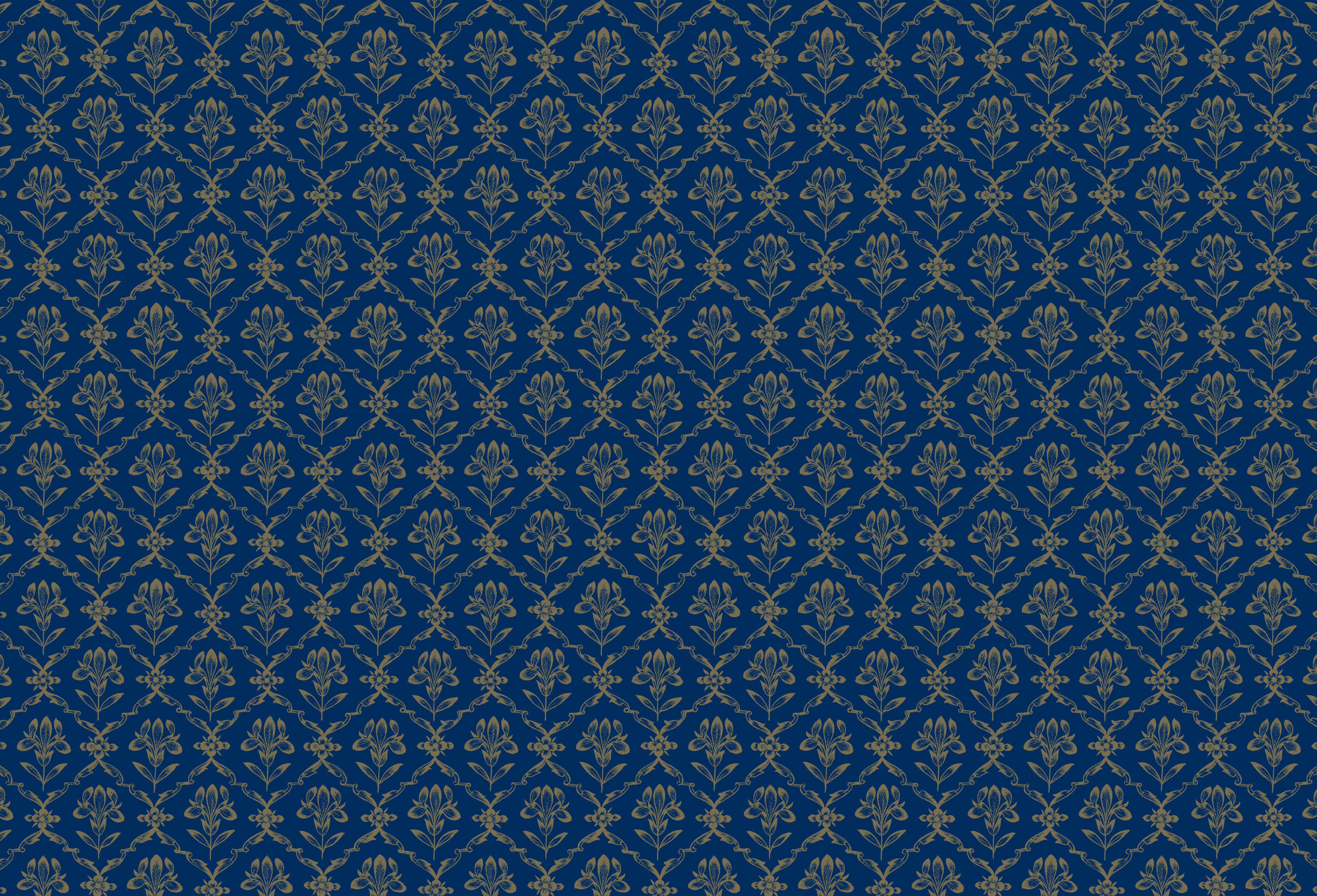
Eastern Encounters
Drawn from the Royal Library's collection of South Asian books and manuscripts
Ishqnamah عشقنامه (The Book of Love)
Lucknow, 1849–50Manuscript written in nasta’liq script in black ink on fine white paper; 103 paintings in opaque watercolour including metallic paints; margins ornamented with gold metallic paint; brown calf binding with gilt ornamental panels and silvered doublures | 444 fols; 46.0 × 29.5 cm | RCIN 1005035
This illustrated and illuminated manuscript is a unique copy of the Ishqnama (‘Book of Love’), a youthful autobiography written in Urdu verse by the last King of Awadh, Wajid Ali Shah (r. 1847–56). Thousands of royal Awadhi books and manuscripts were destroyed in 1857 during the looting of the palace in Lucknow, so this volume, annotated in the King’s own hand, is an extremely rare survival of late Awadhi manuscript production.[259] True to the King’s character and the romantic masnavi tradition in which he wrote his autobiography, the poem revolves around the theme of ishq, ‘love’, and nearly all of the manuscript’s 103 illustrations portray the two great loves of his life: music and women.
Wajid Ali Shah was not born in direct line for succession and was 21 when proclaimed heir apparent.[260] By then he was already an erudite, scholarly connoisseur of music and performance. Lucknow at the time was a centre of urban high culture, famous for its music masters, talented courtesans and musha'ira (‘poetic gatherings’), where a highly refined Persianate style of Urdu poetry developed. To his subjects, Wajid Ali Shah was a popular ruler and the liberal patron of this last flowering of Mughal high culture. To the British, however, sensual pleasures and self-obsessed romanticism were not the preserve of an upright ruler. Having seized the Sikh kingdom of the Punjab in 1849, the Governor-General Lord Dalhousie achieved his ultimate ambition of annexing Awadh when he had Wajid Ali Shah deposed in February 1856. The King was sent to Calcutta where he lived as a rather eccentric local celebrity and continued to patronise music and dance throughout his 30-year exile. He died there in 1887, the year of Queen Victoria’s Golden Jubilee.
Under the pen-name Akhtar Piya (‘Beloved Star’), Wajid Ali Shah wrote two long, romantic fictional poems before narrating his own story to verse at the age of 26.[261] He considered himself to be the ultimate poetic subject and somewhat of a literary genius. In the long poem, he styles himself as the definitive vulnerable man, a Yusuf (Joseph) and sensual magnet for men and women. He elaborates on his emotional connection to the arts and extols the power of music and song to overpower listeners, stir the emotions and influence both the body and the body politic.[262] The King was taught to play the sitar by the celebrated musician Qutub Ali Khan, known as Qutub al-Daula (seen instructing him on fol. 82r) and said that he soon became so accomplished that he ‘made people cry as they laughed and laugh as they cried’.[263]
The text of the manuscript is written in large nasta’liq script by an unnamed court calligrapher, each page illuminated with gold and many headed with the Awadhi royal coat of arms. The paintings are in what is commonly termed the ‘Company style’, although many who commissioned such works were not Company officers but Indian patrons, particularly in Delhi and Lucknow. The paint is generally stippled in short strokes, the compositions shallow and stage-like and earlier royal motifs, such as the nimbus around the King’s head, endure.
[259] See also the Nasser D. Khalili Collection’s Divan of Wajid Ali Shah (1849–50) in Markel ed. 2010, pp. 98–9. For lithograph books with painted portraits of Wajid Ali Shah see BL Or. 5288, Or. 70.c3 and Or. 70.c; and Afsani-ye Ishq in the Cleveland Public Library (Q891.432 W136A). For other paintings from this period see Freer Sackler 1907.620; Mittal Collection (see Losty and Mittal 2016, cat. nos 15–16) and the collection of the State Museum, Lucknow. Many thanks to Saqib Baburi, Katherine Butler Schofield, Rosie Llewellyn-Jones and Richard Williams for sharing their thoughts on this manuscript.
[260] For Wajid Ali Shah see Llewellyn-Jones 2014a and 2014b; Misra 1998 and Bhatnagar 1968.
[261] The ‘River of Affection’, Darya-ye Ta’ashshuq and the ‘Oceans of Love’, Bahr-e Ishq.
[262] For an excellent study of Wajid Ali Shah’s musical patronage, particularly in his later years, see Williams 2015.
[263] Quoted in ibid., p. 98.







